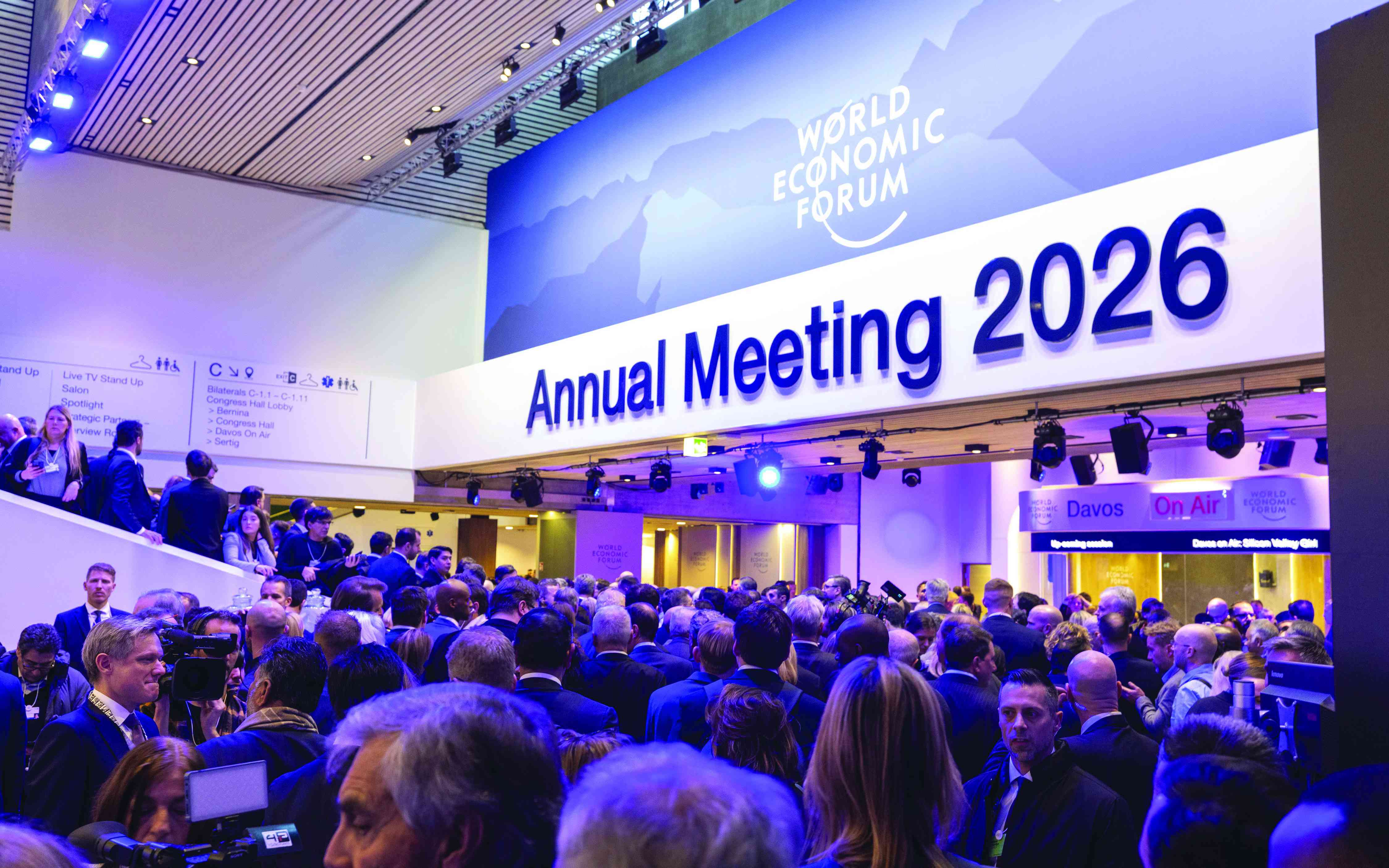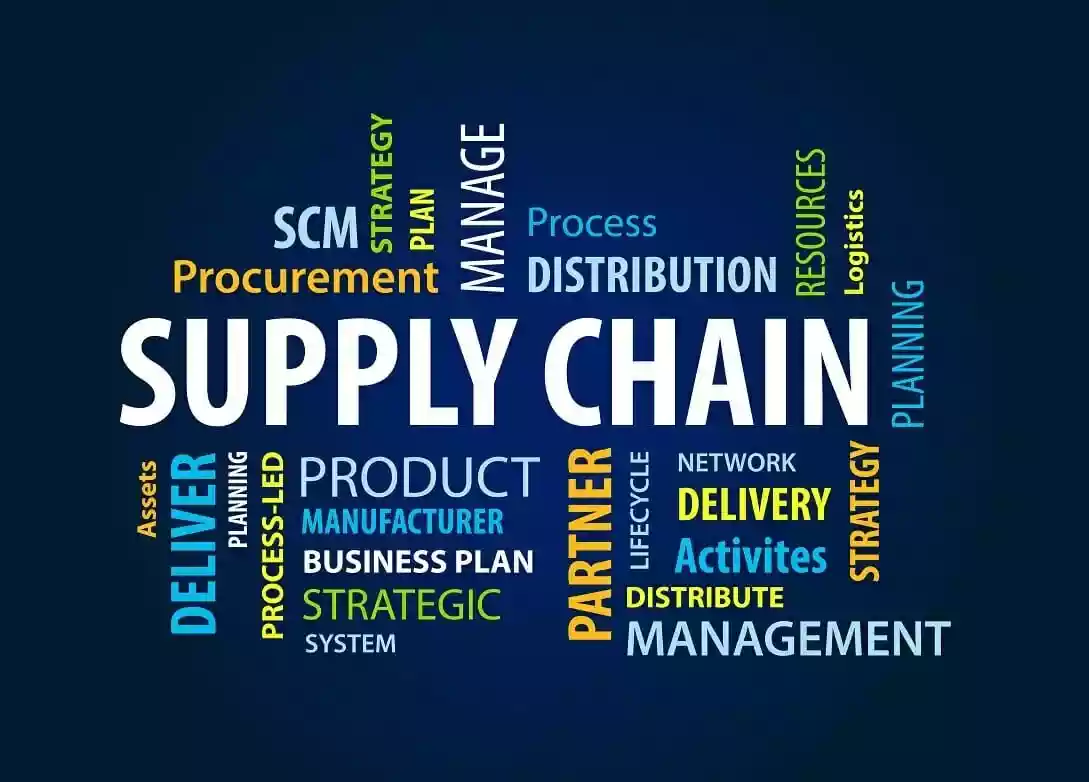
AFRICA must fight corruption immediately if it is to prosper and, in particular, it must curb illicit financial flows (IFFs).
Everyone agrees that money leaving Africa could be used to advance the development of the continent if it could be properly retained.
According to a United Nations Conference on Trade and Development (UNCTAD) report defining, quantifying and distributing statistics on IFFs, Africa is anticipated to lose significant resources as a result.
These flows originate from a variety of sources, including criminal activity earnings, tax evasion, abusive profit-shifting, trade mis-invoicing, corruption and others.
IFFs take resources away from social development and pose severe challenges to Africa’s development funding. These hazards have been identified in the 2030 Agenda for Sustainable Development, notably in Sustainable Development Goal (SDG) target 16.4.
Redoubling efforts are required to significantly cut IFFs by 2030, according to the Addis Ababa Action Agenda on financing for development.
According to the Action Agenda, “appropriate international institutions and regional organisations are invited to publish estimates of the volume and composition of illicit financial flows”.
However, there is no approach that is generally acknowledged for monitoring IFFs. The possibility of effective policy interventions and problem-solving can be hampered by a lack of trustworthy, impartial evidence.
- Chamisa under fire over US$120K donation
- Mavhunga puts DeMbare into Chibuku quarterfinals
- Pension funds bet on Cabora Bassa oilfields
- Councils defy govt fire tender directive
Keep Reading
In accordance to the Organisation for Economic Co-operation and Development (OECD), Africa loses up to US$60 billion each year in illegal cash flows.
The Africa Initiative, which was established in 2014, is a collaboration between the Global Forum, 33 African nations, and 16 partners, including the African Development Bank, the African Union Commission, the European Union, the Swiss government, and the governments of the United Kingdom and Switzerland. The Africa Initiative aims to give African nations the tools they need to take part in global transparency advancements to better combat tax evasion and other illicit financial flows, and ultimately to boost domestic resource mobilisation.
According to the African Development Bank, as a result of voluntary disclosures, the implementation of information exchange mechanisms, and thorough offshore investigations, African countries have accrued additional revenues totalling €1,69 billion (US$1,8 billion), according to the 2023 Tax Transparency in Africa progress report that was presented at the 13th Meeting of the Africa Initiative held in Cape Town, South Africa.
While the international development community frequently focuses on the amount of aid and investment that enters the African continent, the other side of the balance sheet — the funds leaving the continent — has often been overlooked.
According to brookings.edu, between 1980 and 2018, Sub-Saharan Africa received nearly US$2 trillion in FDI and official development assistance(ODA), but emitted over US$1 trillion in IFFs.
Global Financial Integrity, a non-profit research and advisory organisation based in Washington, DC, defines IFFs as “the illegal movement of money or capital from one country to another”. This restrictive definition of illegal financial flows, include operations, such as concealing criminal proceeds, routing cash to criminal destinations, and dodging tariffs and taxes through transaction mis-reporting.
Broader definitions often focus on behaviours that are not strictly criminal, but are undesirable because they result in lower tax receipts, such as tax evasion and strategic transfer pricing.
These illicitly acquired and directed flows continue to pose a development problem to the region, removing domestic resources that may have been critical for the continent’s economic development.
IFFs cause South Africa to lose more than US$62 billion each year, money that might be used to build schools, fix power shortages, provide scholarships, clinics and build safer roads. This was emphasised at a discussion on rising unlawful dealing in automobile components, at the Automechanika event in Johannesburg.
A pilot study by UNCTAD, which measured tax and commercial IFFs, according to Tyre Import Association of South Africa (Tiasa) chairperson and MD of Treadzone, Charl de Villiers, found that South Africa is missing out on inward flows worth US$21,9 billion annually and outward flows worth US$40,9 billion annually.
According to Lateef Fagbemi, Attorney-General of the Federation and Minister of Justice, Nigeria loses an estimated US$1 billion to US$18 billion per year to IFFs.
He added that the amended criteria will prevent corruption in the negotiating and carrying out of government contracts.
Fagbemi claimed that this could be substantially avoided through negotiation, drafting, transparency and patriotic fervour.
The Independent Corrupt Practices and Other Related Offences Commission (ICPC) headquarters in Abuja, Nigeria, hosted the release of the updated rules on contract negotiation and drafting by the federal government and its agencies on September 19, 2023.
IFFs have been identified as a drain on both the global economy and the economies of countries pursuing SDG 16.4.1, which calls on countries to significantly reduce them by 2030.
Money laundering, tax evasion, underbilling, online fraud, the extractive industry and the real estate market are all ways that IFFs manifest themselves in Africa.
Africa must be steadfast in enhancing regulatory frameworks and institutional capacity to combat IFFs. Improve IFF data and trade data reporting and employ a triangle strategy to locate, track down and recover IFFs. Implement innovative techniques, such as price-filter analysis on customs invoices, to improve customs enforcement.
Different nations have used varied approaches to tackling IFFs. However, taking action entails stopping the aforementioned criminal activity as well as identifying and punishing major and significant illegal tax avoidance. Experts feel that, despite the many interventions already in place, reducing IFFs calls for a fresh perspective.
- Denhere is an investigative journalist. — [email protected] or WhatsApp +263 773 894 975.











